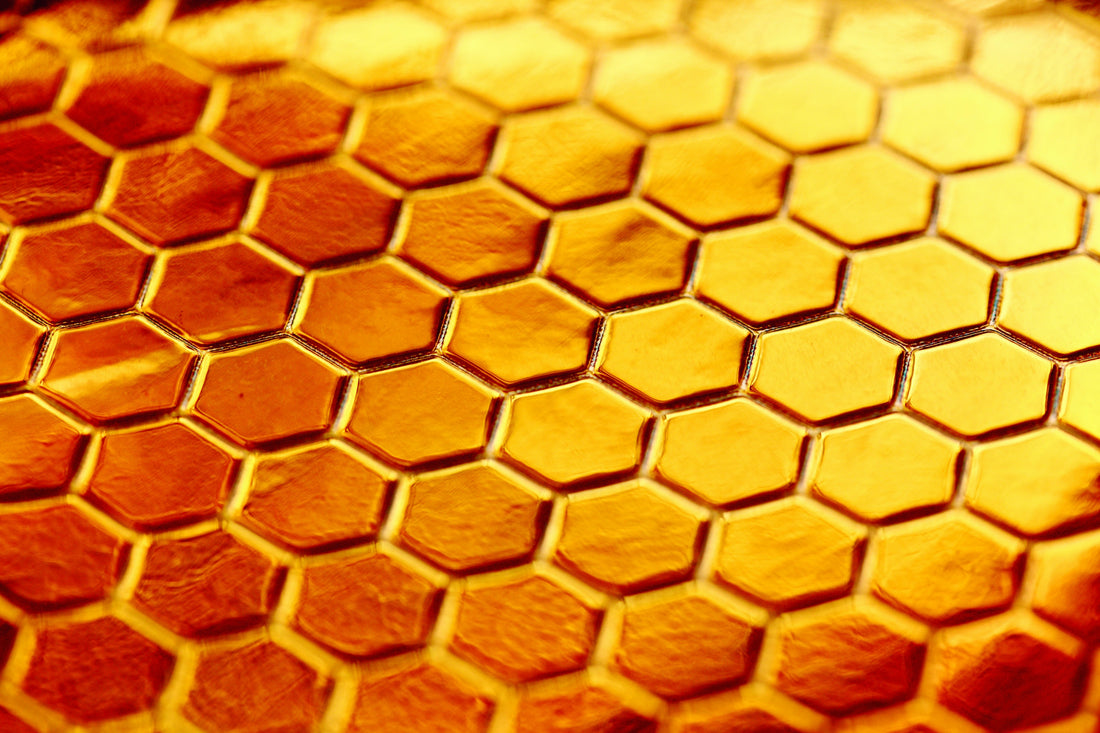Honey is one of nature’s sweetest wonders—literally and figuratively. For centuries, it’s been a staple in homes, serving as food, medicine, and even currency in some cultures. Whether you’re adding a spoonful to tea or using it as a natural sweetener in recipes, honey is as versatile as it is ancient. But what exactly is it about honey that has kept it relevant throughout history, and what does science say about its benefits today?
Let’s dive into everything you need to know about honey, from its history to its nutritional value and potential risks.
A Brief History of Honey
Honey has been around for thousands of years, with the earliest evidence dating back to 8,000 years ago in ancient cave paintings in Spain. The Egyptians were also known to treasure honey, using it not only as a sweetener but also in religious rituals and medicinal practices. In ancient Greece, honey was considered the “nectar of the gods” and was associated with longevity and strength. It was even used in cosmetics by Cleopatra herself! As trade routes expanded, honey made its way to different parts of the world, becoming a prized commodity.
While modern beekeeping only began in the 18th century, honey’s significance hasn’t waned. Today, it remains a favorite for its flavor, versatility, and health benefits.
Nutritional Content and Properties
Honey is packed with various nutrients that contribute to its health benefits. Here’s what you’ll find in honey:
- Carbohydrates: Primarily in the form of fructose and glucose, making honey a natural energy booster.
- Vitamins: Trace amounts of B vitamins, including B6, riboflavin, and niacin.
- Minerals: Honey contains small amounts of calcium, iron, potassium, and magnesium.
- Antioxidants: It’s rich in phenolic acids and flavonoids, which help reduce oxidative stress and inflammation.
A tablespoon of honey contains about 64 calories, making it a high-energy food but one that should be consumed in moderation.
Health Benefits of Honey
1. Rich in Antioxidants
Honey, especially raw varieties, is loaded with antioxidants. These compounds help neutralize free radicals, reducing the risk of chronic diseases like heart disease and cancer. Antioxidants in honey, such as flavonoids and phenolic acids, also support overall cell health.
2. Soothes Cough and Sore Throat
Honey has long been used as a natural remedy for coughs. Research supports its effectiveness, showing that it can reduce the frequency and severity of coughing. Its soothing properties also help ease sore throats. In fact, honey is as effective as some over-the-counter cough medications.
3. Supports Wound Healing
Honey’s antibacterial and anti-inflammatory properties make it excellent for healing wounds and burns. Manuka honey, in particular, is known for its medicinal qualities, often used in hospitals to treat wounds. Studies have found that honey can speed up tissue repair, reduce infection risks, and even help heal ulcers and bedsores.
4. Boosts Digestive Health
Honey is known to be prebiotic, meaning it helps feed the good bacteria in your gut. A healthy gut is essential for digestion and overall immunity. Honey’s natural enzymes can also aid in breaking down food, particularly in cases of indigestion or bloating.
5. Energy Booster
As a natural source of sugars (fructose and glucose), honey provides an instant energy boost. This is why athletes and fitness enthusiasts often turn to honey for quick energy during workouts or competitions. It’s a more natural alternative to processed energy drinks and bars.
6. Improves Heart Health
Some studies suggest that honey can help improve heart health by lowering cholesterol levels and promoting better blood circulation. The antioxidants found in honey may also help reduce blood pressure, further benefiting heart health.
Uses of Honey
Honey’s uses extend far beyond the kitchen. While it’s commonly used to sweeten beverages, dressings, and desserts, it’s also a key ingredient in various natural remedies and skincare routines. Here are a few ways you can use honey:
- As a natural sweetener: Swap refined sugar with honey in tea, coffee, or baking.
- For skin care: Honey is a popular ingredient in face masks for its hydrating and antibacterial properties.
- As a cough remedy: Mix honey with lemon and warm water to soothe a cough.
- For wound care: Apply a small amount of raw honey to minor cuts and burns for faster healing.
Potential Risks and Side Effects
While honey is generally safe for most people, it does come with some potential risks. Here are a few things to keep in mind:
- High in Sugar: While honey is natural, it’s still a form of sugar and should be consumed in moderation, especially for people with diabetes.
- Botulism Risk for Infants: Honey should never be given to children under the age of one due to the risk of infant botulism, a rare but serious illness caused by bacteria spores that can grow in the digestive system of babies.
- Allergic Reactions: Some people may be allergic to components in honey, particularly pollen, so caution is advised if you have known allergies.
Conclusion
Honey is much more than just a sweet treat. With its rich history and countless health benefits, this natural wonder continues to be a favorite in kitchens, medicine cabinets, and skincare routines. Packed with antioxidants, healing properties, and energy-boosting capabilities, honey is a simple, natural way to elevate your well-being. However, like all good things, it’s best enjoyed in moderation, and it’s always wise to consult a healthcare provider if you have any concerns about incorporating honey into your diet or lifestyle.
References
Medical News Today (2023). Everything you need to know about honey. Retrieved from https://www.medicalnewstoday.com/articles/264667
WebMD. Honey - Uses, Side Effects, and More. Retrieved from https://www.webmd.com/vitamins/ai/ingredientmono-738/honey
Mayo Clinic. Honey. Retrieved from https://www.mayoclinic.org/drugs-supplements-honey/art-20363819

